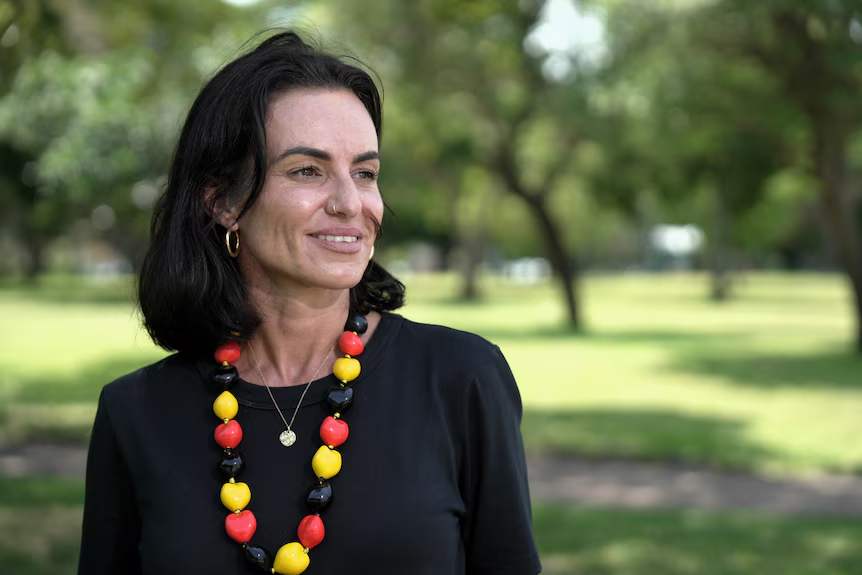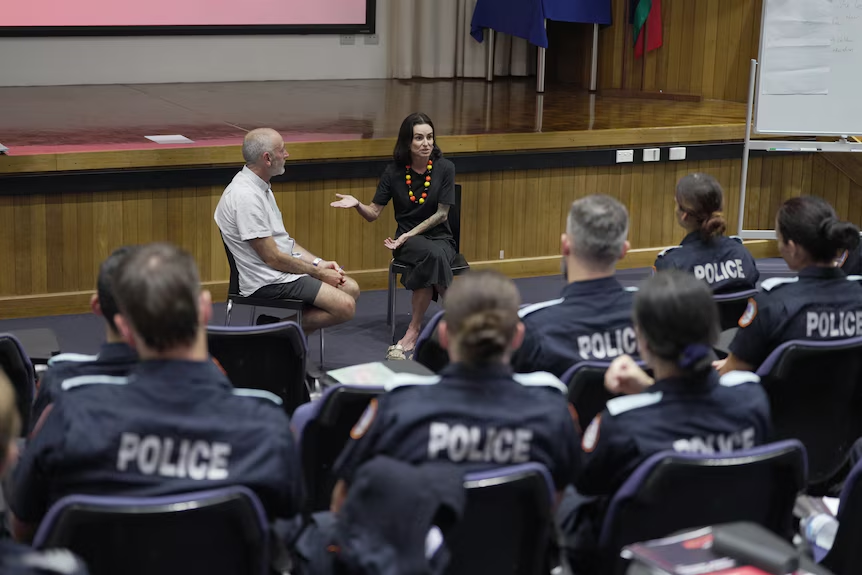Police in the Northern Territory are being trained differently, and it’s working

Police across Australia spend much of their time responding to domestic, family, and sexual violence (DFSV). In the Northern Territory, a new training approach is starting to shift how they do it. DFSV makes up more than 80% of police workload across the NT, yet until recently, many officers had little training in how to recognise or respond to it safely. That is beginning to change. A program designed by Aboriginal organisations, and grounded in lived experience, is reshaping how police respond to some of the most urgent and complex cases they face.

More than 300 police officers and 18 frontline responders have now completed ‘Prevent. Assist. Respond. Training (PARt)’, a program developed by Tangentyere Council alongside Aboriginal domestic violence and legal service organisations. The training combines practical instruction with accounts from victim-survivors, including those who have experienced the system at its worst. A further 1,000 officers have completed online modules covering the drivers and forms of DFSV, including coercive control, misidentification, safety planning, and risk management. Those trained include 15 Aboriginal Community Police Officers and staff from units such as major crime, crash investigations, youth diversion, and specialist violence teams.
The response has exceeded expectations. Participants consistently report improved understanding of DFSV, and knowledge scores from pre- and post-training assessments have jumped. On average, police recruits’ scores improved by 20%. The Northern Territory Coroner recently recommended the program’s wider adoption, following an inquest into the domestic violence-related deaths of four Aboriginal women. Media attention quickly followed.
Healthcare workers are next. The team behind PARt has begun engaging hospitals and Aboriginal medical services to expand delivery in 2025. Modules on trauma-informed practice and misidentification are in development. New materials are also being created to support work with people with disabilities, refugee and migrant families, and LGBTQIA+ communities.
Perhaps the most striking element of PARt is not the format, but the authorship. The program was shaped through consultations with Aboriginal women and people with lived experience of violence. One of them, Holly Supple-Gurruwiwi, first shared her story through an animation. She now joins training sessions in person, speaking with new recruits about culture, experience and accountability. She has also joined the program’s steering committee, reviews new materials, and is preparing to co-facilitate future sessions as a trained facilitator.
There are early signs the training is making a difference. Judges and courts are reporting that police have much greater understanding of coercive control. Senior police involved in auditing DV responses note a clear difference between officers who have completed PARt training and those who haven’t, with the former more able to identify and respond to complex cases of DFSV. And importantly, 86% of police self-reported through a follow-up feedback survey that they have used PARt strategies in their responses to DFSV, particularly in relation to non-collusive practice.

NT Police have recommended that the PARt project inform the development of the National Attorney General’s ‘Family, Domestic and Sexual Violence Law Enforcement Training’, recognising PARt as a leader in this space, and valuing the lessons learned and the importance of centring victim/survivors. In particular, the program reflects the needs of Aboriginal and Torres Strait Islander women, who experience disproportionate rates of violence.

The case for broader investment becomes stronger. A recent participant shared this feedback following the PARt workshop: “I didn’t have much knowledge about DFSV before the PARt course. Now I feel like I’m equipped to recognise domestic, family and sexual violence and use techniques to help the victim-survivor”.
The Judith Neilson Foundation supports PARt as part of our commitment to backing First Nations women in Northern Australia, investing in their leadership, safety, and the long-term systems change they are driving in their communities.
Learn more about Tangentyere Council and their work here: https://www.tangentyere.org.au/
theme Domestic, family and sexual violence
Partner Tangentyere Council Aboriginal Corporation